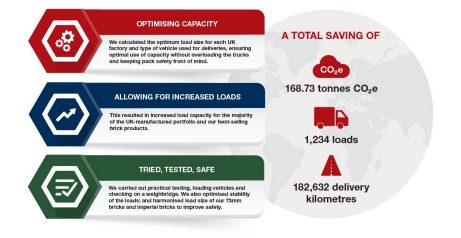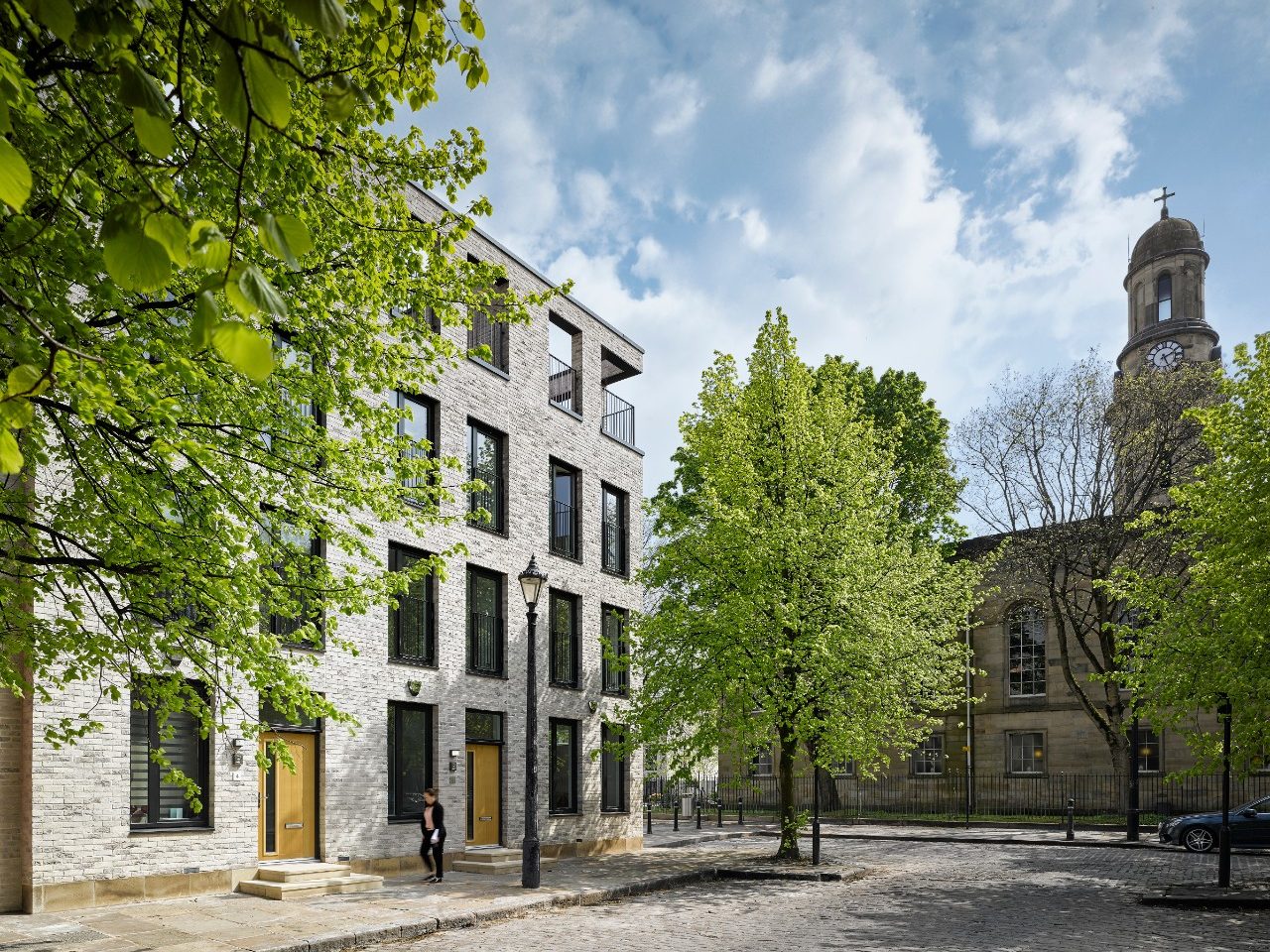In 2021, Wienerberger UK & Ireland set out its Sustainability Roadmap ‘Let’s Build Beyond’, which outlined the vital actions the business would take to create enduring value for its stakeholders as it transitioned to a net-zero emission, nature-positive business.
We grouped these actions under three guiding principles: Safeguarding our Planet; Innovating for the Future we want; and Moving Forwards Together.
Decarbonisation is one of the major levers which will contribute to successfully Safeguarding our Planet. To ensure we make continued progress, we have developed a decarbonisation programme to reach net-zero carbon emissions before 2050. It begins with improving our understanding of the greenhouse gas emissions (GHGs) associated with Wienerberger’s operations at both a company and product level.
Through continuous dematerialisation efforts across our product ranges, combined with more efficient manufacturing processes, switching to more efficient energy sources, minimising plastics, and reducing transportation, we can make a significant impact on our decarbonisation goals.
One such initiative is our Load Optimisation project. Through our continuous dematerialisation efforts, we have reduced the weight of bricks. This created an opportunity to review brick pack weights and the pack configurations, enabling us to ensure optimum load capacity whilst keeping maximum focus on the safety of the packs on each load, and the health and safety of delivery drivers and operatives. Furthermore, in order to use every last inch of vehicle capacity, we’ve differentiated our load sizes by vehicle type, creating an optimised load for vehicles with and without mechanical offload.


